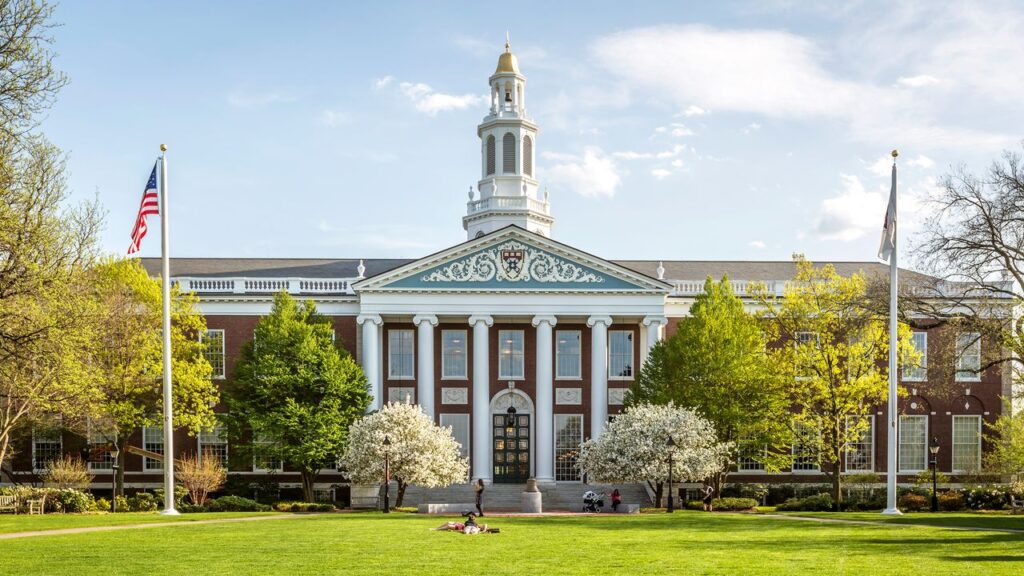Even a lack of visible online activity—or a private account—can trigger additional scrutiny, with some consular officers treating such caution as a red flag, says Elizabeth Ricci, partner at Rambana & Ricci and an adjunct professor of immigration law at Florida State University.
Ricci says, “Failure of the student to comply to making their social media account public could reflect poorly on his or her credibility and be a reason for denying visa.”
Consular officers also look for signs of misuse, such as if the applicant is working illegally, not enrolling full-time or engaging in illegal activities.
Renata Castro is an immigration lawyer at USA 4 ALL. She says that the US Department of State can now deny visas or veto applicants based on their perception of their potential in the US and their likelihood of speaking in a way that would be contrary to government policies.
There may be delays and backlogs.
You can also find out more about the following: State Department The temporary suspension of visa interviews in the F,M, and J categories had been implemented by consulates and embassies at the end of May. Although appointments resumed on June 26, the actual process of obtaining a visa is more complex.
Locke warns that visa applicants can expect a more thorough review and a potentially longer administrative process. Under these protocols, the routine student visa interview that was conducted in years past is no longer possible. Consular officers have to perform a resource-intensive review, which could cause visa adjudications to take longer.
Locke noted that the visa adjudication process has not yet returned to normal capacity. As a result, there are now fewer visa interview slots available than previously, further slowing down operations. Given that the operation has been slowed down, it is not surprising. State Department has just undergone a massive layoff of Foreign Service OfficersThere is no timeline set for the return to previous processing volumes.
Locke recommends that students book their interviews as early as possible. She also says that, because the screening is applicable to returning student visa candidates, “current international applicants should carefully evaluate any international travel that will require them to obtain a new visa, and instead consider staying in the US.”
Locke says that with increased scrutiny being placed on digital footprints, Locke recommends that applicants review old social media posts to clean up their social presence.
What is the difference between this and the previous visa screening?
In the past, US visa screening has focused on factors like academic credentials and proof of financial support, rather than their opinions.
Locke explains that, “given the speed of visa interviews and the fact that consular officers tend to make most of their decisions while the visa applicants are present, it was never a standard part of visa adjudication to have a consular official browse the Internet to learn more about the visa applicant before or after the interview.” He adds that, under the previous administration, consular officers could “ask a range of questions during a Visa Interview for a Student, but it was rare to get into a students’ political beliefs or opinions on the United States.”


